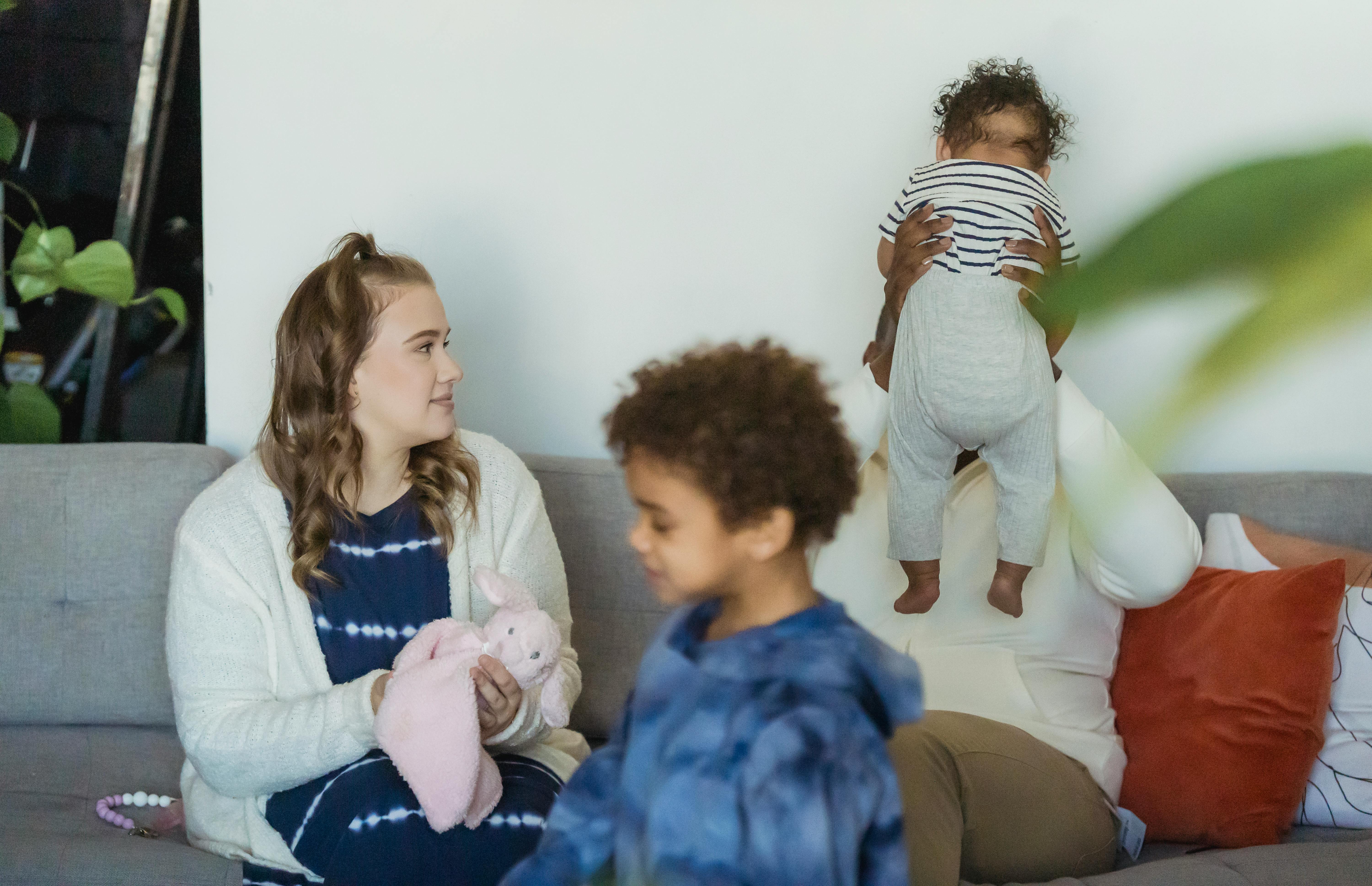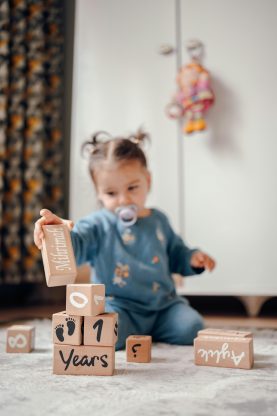Table of Contents
Communication is Key
One of the most important aspects of emergency planning for your babysitter is to establish clear lines of communication. Make sure your babysitter knows how to reach you in case of an emergency, and provide them with a list of emergency contacts, including neighbors, relatives, and your family doctor. Additionally, ensure that your babysitter has access to a fully charged cell phone while they are caring for your children.
On-Demand Childcare in Your Neighborhood
Book a Sitter
Understanding Basic First Aid
It is important for babysitters to have a basic understanding of first aid techniques in case of minor injuries or accidents. Consider enrolling your babysitter in a pediatric first aid course, which will equip them with the knowledge and skills needed to handle common emergencies such as cuts, burns, and falls. Make sure your babysitter knows the location of the first aid kit in your home and how to use its contents.
Creating a Detailed Emergency Plan
In addition to providing your babysitter with emergency contacts and first aid training, it is essential to create a detailed emergency plan. Sit down with your babysitter and discuss potential emergency scenarios, such as severe weather, fires, or medical emergencies. Develop a plan for each scenario, including evacuation routes, safe meeting places, and specific instructions for contacting emergency services.

Practicing Emergency Scenarios
Once you have established a comprehensive emergency plan with your babysitter, it is important to practice it regularly. Conduct drills for various emergencies, such as a fire or severe weather, so that your babysitter feels confident and prepared to handle any situation that may arise.
Encourage your babysitter to ask questions and provide feedback on the emergency plan to ensure that it is effective and easy to follow.
Ensuring Proper Training and Certification
Finally, it is essential to ensure that your babysitter is properly trained and certified to handle emergencies. Consider enrolling your babysitter in a CPR and first aid certification course, which will provide them with the skills and knowledge needed to respond to medical emergencies effectively. Additionally, make sure your babysitter knows how to use any medical equipment or devices in your home, such as an EpiPen for allergies or a nebulizer for asthma.
In conclusion, emergency planning for your babysitter is crucial for ensuring the safety and well-being of your children. By establishing clear lines of communication, providing basic first aid training, creating a detailed emergency plan, practicing emergency scenarios, and ensuring proper training and certification, you can feel confident that your babysitter is prepared to handle any situation that may arise. Remember, the more prepared your babysitter is, the more peace of mind you will have while you are away from your children.










